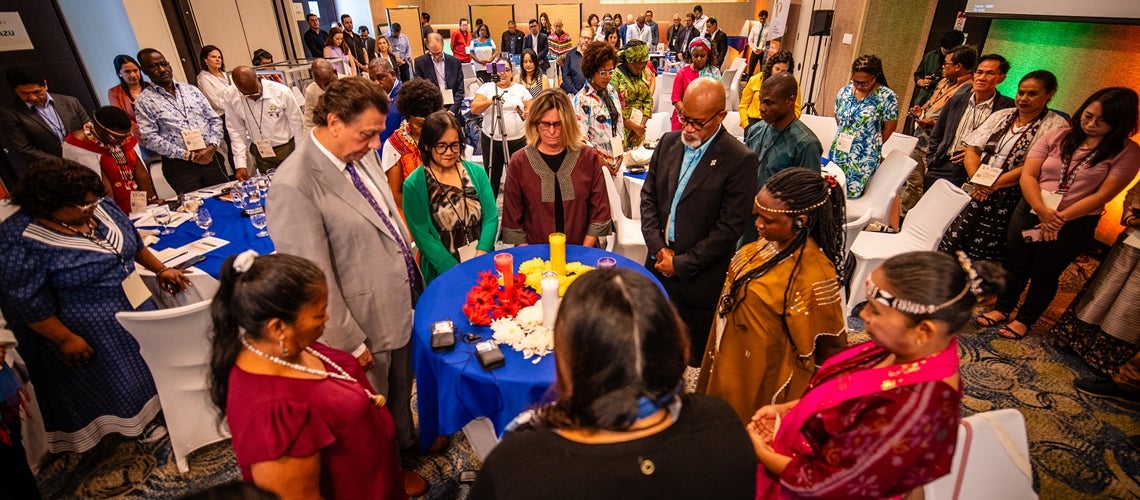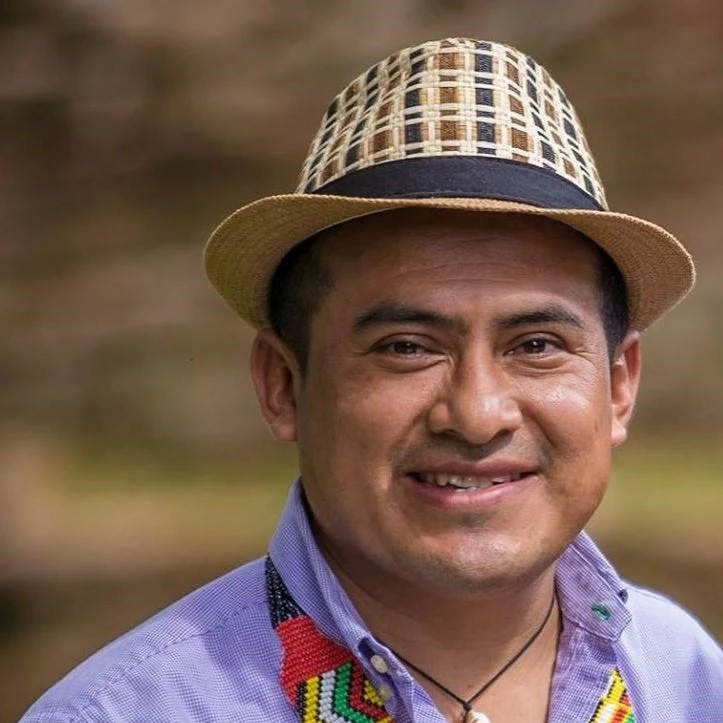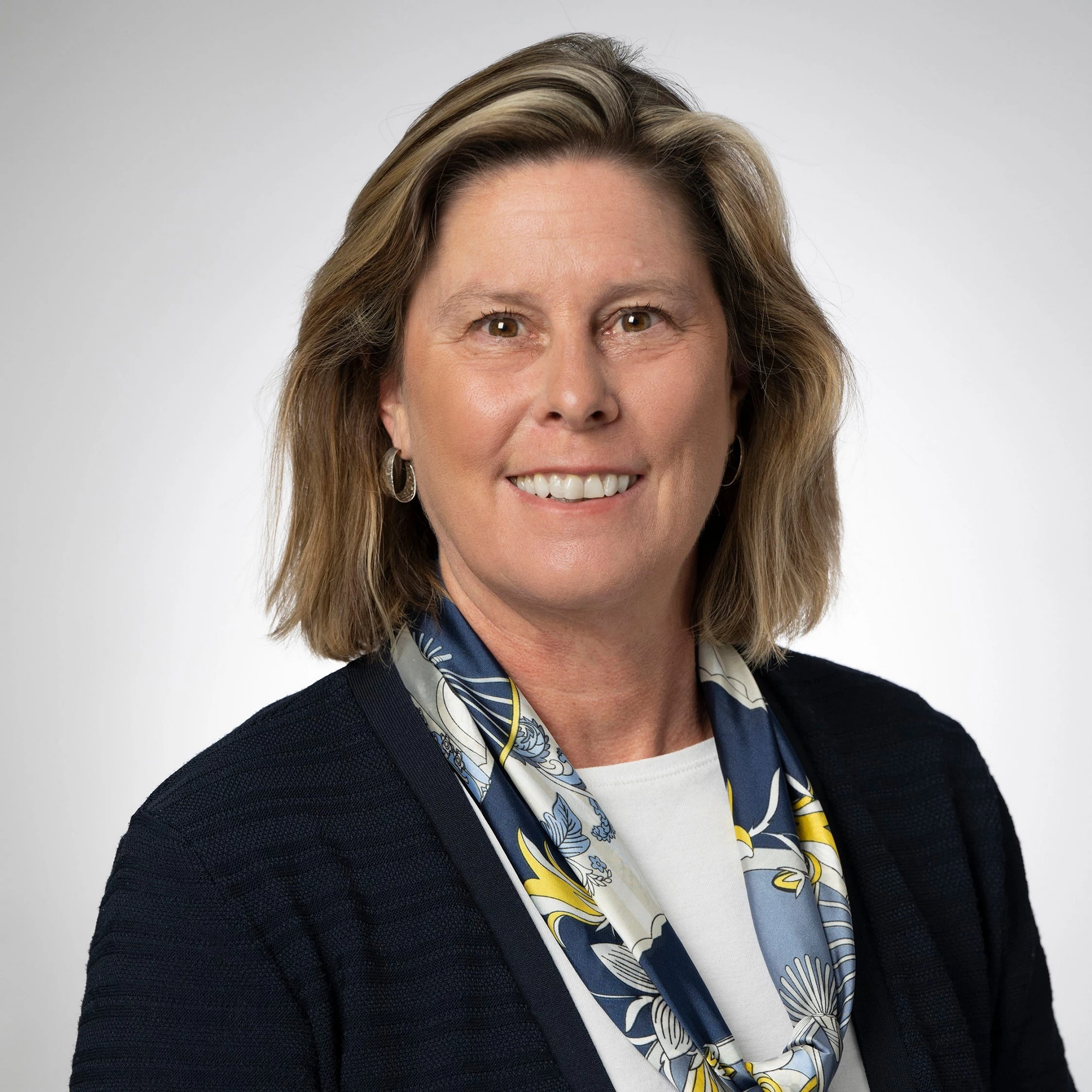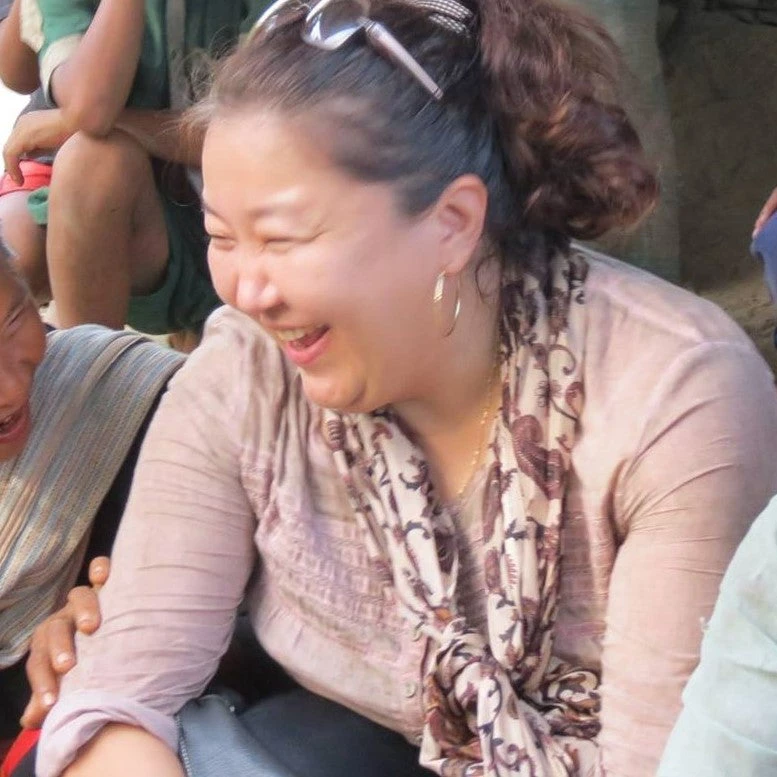 Group gathered at the Global Dialogue of Indigenous Peoples and Local Communities in Costa Rica
Group gathered at the Global Dialogue of Indigenous Peoples and Local Communities in Costa Rica
Indigenous Peoples (IPs) and local communities (LCs) are the custodians of the livability of the planet. They live close to nature, safeguarding over a third of the world’s remaining intact forests on their lands and protecting 80% of the world’s remaining biodiversity. In the fight against climate change, these communities are critical contributors to the global effort to reduce emissions from deforestation and forest degradation (REDD+), but getting recognition and support has not been ambitious and responsive.
The REDD+ mechanism aims to prove that forests are more profitable standing than cut down, by enabling countries to earn results-based payments for carbon credits derived from land and tree conservation. Back in 2007 at COP13 in Bali, Indigenous leaders protested the launch of REDD+ in fear of exclusion and further losing their lands. What started as confrontation has become an alliance among IP leaders, the World Bank, and other development partners who have worked hard to build mutual trust, enable IP and LC participation in REDD+, and facilitate ongoing dialogue. The trust of IPs and LCs in emission reduction programs especially at the country-level is a key enabler for sustaining high-integrity carbon markets that invests back into the people and in nature.
"The trust of IPs and LCs in emission reduction programs especially at the country-level is a key enabler for sustaining high-integrity carbon markets that invests back into the people and in nature."
In November 2023, over 50 IP and LC change-makers from 26 countries gathered in San José, Costa Rica to further the discussion on the challenges and opportunities for IP and LC engagement in results-based climate finance and REDD+. The Global Dialogue of Indigenous Peoples and Local Communities was designed and led by a five-member IP steering committee with support from the World Bank’s Forest Carbon Partnership Facility (FCPF) and Enhancing Access to Benefits while Lowering Emissions (EnABLE) fund, the Governments of Germany (BMZ/GIZ) and Costa Rica (MINAE).
The meeting came at an important time, because after years of preparation and planning, REDD+ is finally beginning to pay off for countries. For example, Costa Rica, Ghana, Indonesia, and Mozambique have earned results-based payments from the FCPF for carbon credits generated from REDD+ activities. This signals to potential carbon market buyers that countries are producing high-quality, high-integrity carbon credits that could be available for sale through carbon markets. Developing countries stand to profit from carbon markets but, once the trading dust settles, who actually benefits? Where does the money go?
For its part, the World Bank requires that every emissions reductions payment agreement (ERPA) it signs includes a benefits sharing plan that recognizes and equitably rewards those participating in emissions reduction activities. This includes IPs and LCs the custodians of the lands and forests where carbon assets are being generated. Social inclusion is the focus of the Bank’s EnABLE program, which seeks to strengthen the enabling environment for sharing carbon and non-carbon benefits, build the capacity of IP and LC organizations, and support them in becoming full partners of emissions reduction programs.
As carbon markets continue to grow, it is imperative that these communities are included in crediting operations from start to finish. At the San José Global Dialogue, IP and LC leaders called for a global commitment to a human rights-based approach to all climate financing mechanisms, including REDD+ and other carbon credit initiatives engaged in carbon markets, with IPs and LCs being full partners, leaders, and owners—not just stakeholders or beneficiaries or, worse, an afterthought. The recognition and partnership that IPs and LCs seek in REDD+ and carbon crediting will amplify the power of these mechanisms to fight global warming. Participants of the Global Dialogue defined three strategic pathways for more impactful REDD+ and carbon crediting:
First, to recognize, respect, and empower Indigenous and local community systems of governance so that IPs and LCs can develop their vision and design life plans separate from the immediate pressure of a project;
Second, to build safeguard systems that go beyond “no harm’ to “do better.” This includes shifting safeguard ownership, design, and monitoring to traditional and customary institutions;
And finally, to scale up investments in IP and LC engagement and promote direct financing mechanisms, such as those deployed by EnABLE.
Participants also formulated clear and actionable ways to advance this agenda in the Outcomes, which IP and LC leaders, the World Bank, and other partners presented at events during at COP28 earlier this month. Going forward they will continue to build on the central message that without true engagement of the custodians of the forest there will be no high integrity of carbon markets. It is very much part of the World Bank’s long-standing commitment to enhance the inclusion of IPs and LCs in activities and programs and to support the development of a cadre of Indigenous experts on REDD+ who are vocal at the national, regional, and global levels.
"It is very much part of the World Bank’s long-standing commitment to enhance the inclusion of IPs and LCs in activities and programs and to support the development of a cadre of Indigenous experts on REDD+ who are vocal at the national, regional, and global levels."
As one of us, Pablo, said: “As Indigenous Peoples, we indeed need capacity building. But we also need governments and multilateral organizations to build their capacity so they understand the Indigenous worldview and can engage with us.”
That’s why we are jointly stepping up, with the World Bank’s convening power and influence, and with a willingness to continue to learn from IPs and LCs to ensure that their wisdom in the custodianship of a livable planet is a part of the bedrock for climate action; and that their rights and priorities are recognized, represented, and respected in carbon markets.




Join the Conversation